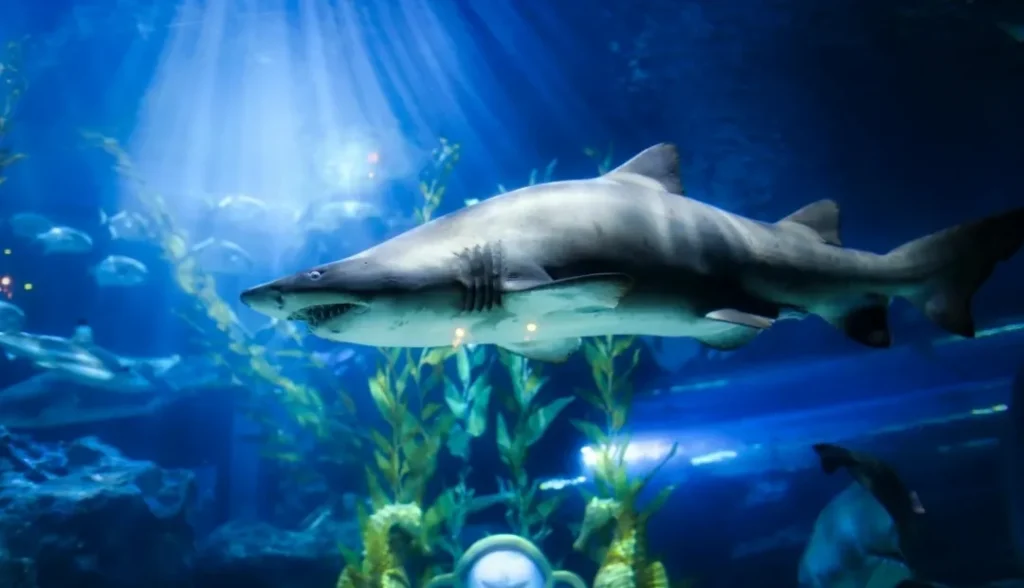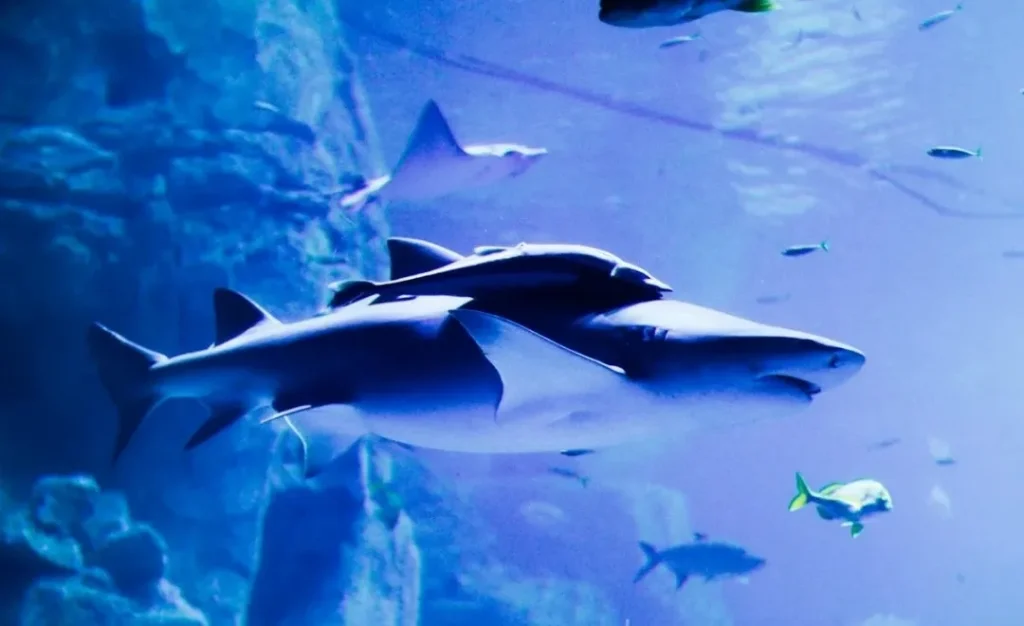Table of Contents

In a significant development within the realm of marine biology, researchers have unveiled what appears to be the first documented evidence of sound production in sharks. This groundbreaking study adds a new dimension to our understanding of these fascinating creatures and their communication methods. Published in the respected journal Royal Society Open Science, the findings challenge previous assumptions about shark behavior and vocalization.
The Study: Focus on the Mustelus lenticulatus
The research centered around the Mustelus lenticulatus, a species commonly referred to as the freshwater shark or dogfish shark, which inhabits the coastal waters of New Zealand. Known for their small size and distinctive features, these sharks have garnered attention in recent years, not only for their ecological roles but also for their behavior. The researchers aimed to explore whether these sharks are capable of producing sounds, a behavior that has remained largely unexplored in the species.
Methodology: Innovative Experimental Design

The study spanned an extensive period of over 11 months, during which the research team carefully monitored and recorded the behavior of ten juvenile sharks—five male and five female. The researchers designed an experimental setup that involved a specially constructed plastic tank, which allowed for controlled observation and sound recording.
During the experiments, the sharks were handled gently to minimize stress and ensure that the conditions were conducive to natural behavior. The researchers incorporated advanced sound recording techniques to capture the subtle clicks emitted by the sharks during interactions within the tank. This meticulous approach allowed them to gather comprehensive data on the frequencies and patterns of the sounds produced.
Fascinating Findings: Clicks and Communication
The results of the study revealed that the sharks emitted a significantly higher number of clicks during the first ten seconds of handling compared to the subsequent ten seconds, highlighting a potential behavioral response to the initial disturbance. This observation suggests that the sounds may play a role in communication or distress signaling.
One of the intriguing hypotheses proposed by the researchers is that the clicking sounds may be generated through the forceful contact of the sharks’ flat teeth. The team noted that this could serve as an alert mechanism, possibly indicating discomfort or an attempt to communicate with other marine life.
Implications for Understanding Shark Behavior
These findings hold profound implications for the study of shark behavior and communication. Traditionally, sharks have been perceived as silent predators, and the notion that they may actively produce sounds opens new avenues for research into their social interactions and ecological roles. Understanding whether and how sharks communicate could provide insights into their hunting strategies, mating behaviors, and social structures.
Future Research Directions
While the initial findings are promising, scientists acknowledge that further research is essential to unravel the complexities of shark vocalizations. Future studies will need to investigate the contexts in which these sounds are produced and whether they serve specific functions beyond immediate stress responses. Behavioral observations in natural environments, along with more sophisticated sound analysis techniques, will be crucial for building a comprehensive understanding of this phenomenon.
Conclusion
The discovery of sound production in sharks marks a pivotal moment in marine biology, challenging long-held beliefs about these enigmatic creatures. As researchers continue to explore the acoustic world of sharks, we may uncover a deeper understanding of their behaviors and interactions within the ocean ecosystem. The journey into the sounds of the sea has only just begun, with the potential to reshape our understanding of one of the ocean’s most iconic inhabitants.
This study has been published in the esteemed journal Royal Society Open Science, contributing valuable knowledge to the understanding of shark behavior and communication.




